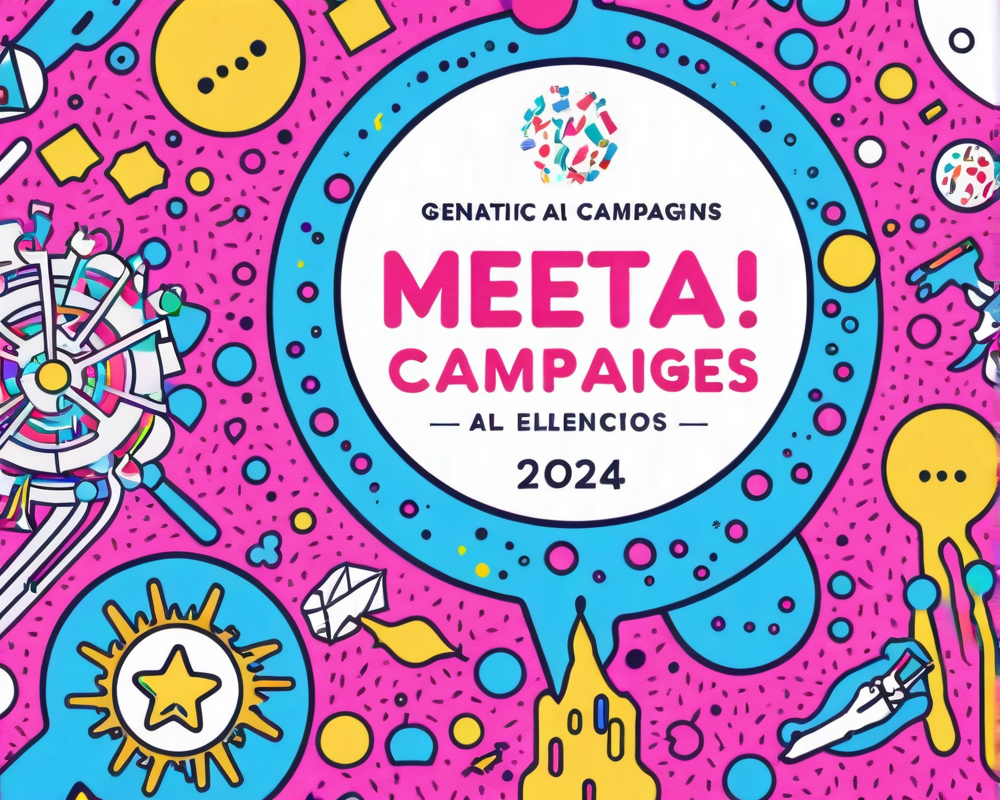Meta’s Policy Shift
Meta, the conglomerate behind social media giants Facebook and Instagram, has decided to put a halt on political campaigns utilizing its generative artificial intelligence tools. This decision, confirmed by a spokesperson in a recent Reuters report, highlights the company’s cautious approach towards the intersection of AI and sensitive topics.
What’s on the List?
As of November 6, Meta has made updates to its help center clearly stating that any advertisements associated with crucial sectors such as Housing, Employment, Credit, or politically sensitive issues—including Social Issues, Elections, and Politics—are off-limits for their new Generative AI advertising features. This is a strategic move to experiment with the AI tools while ensuring the integrity of sensitive content.
Why the Restriction?
Meta’s reasoning? They want a tighter grip on potential risks and to establish necessary safeguards when using generative AI in advertising. In a world where misinformation spreads faster than a viral cat video, it’s a smart play to tread carefully.
Comparing With Google
Meanwhile, Google has its own playbook. In September, they modified their political content policies. It now demands that verified election advertisers openly disclose their use of AI in political content. Google goes so far as to specify that any synthetic content that attempts to mimic real people or events must be prominently labeled. Yet, ads that modify synthetic content in a trivial way might escape these notification requirements.
Looking Ahead: Regulations and Concerns
With the 2024 elections approaching, U.S. regulators are contemplating rules surrounding AI deep fakes in political contexts. The common concern is that social media platforms could be misused to sway voter sentiment through fake news and misleading content. Imagine scrolling through your feed and wondering if that adorable puppy video is actually a sophisticated political tool. Yikes!
Bias in the AI Landscape
On top of this, there’s chatter about whether popular AI tools, like ChatGPT, might lean towards a particular political bias. While some alleged bias is brought to light, many in the AI community maintain heated debates over the validity of such claims, suggesting it could come down to interpretation.




